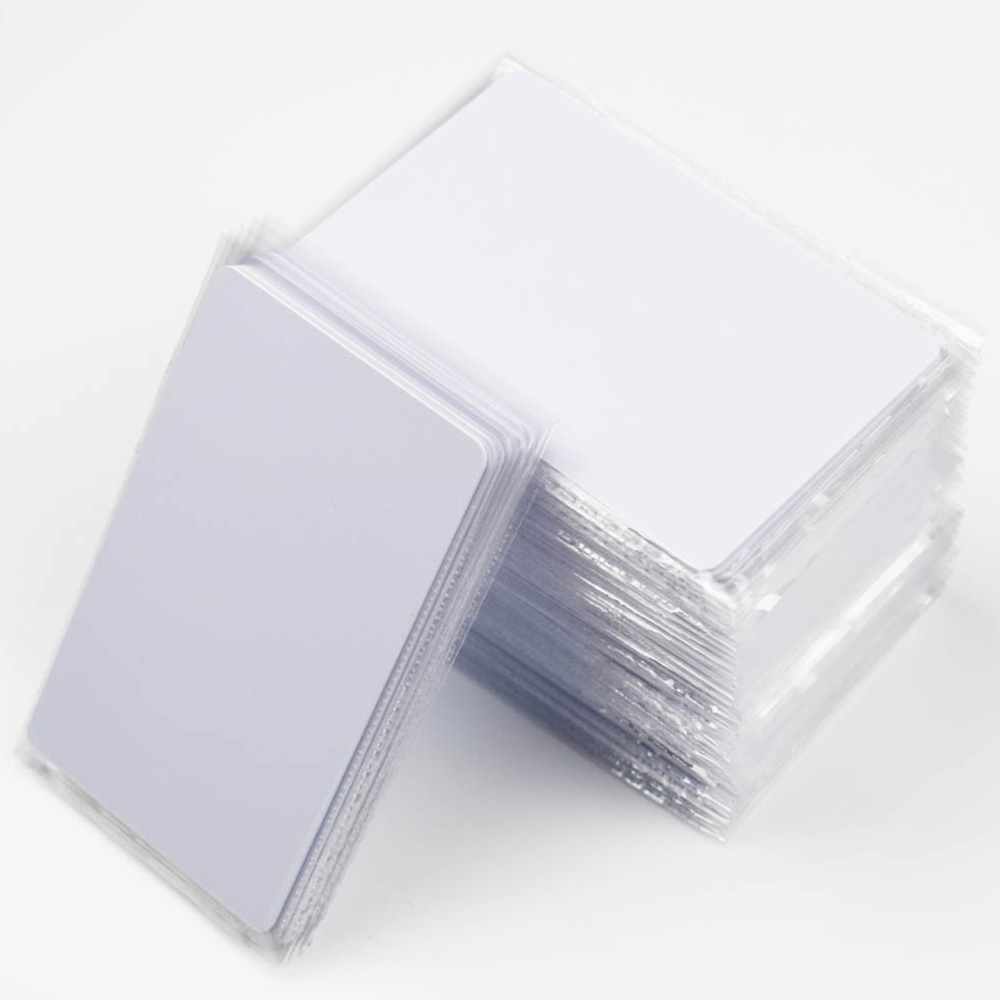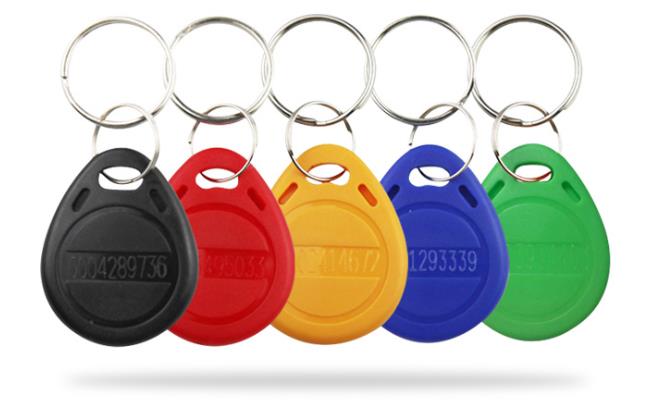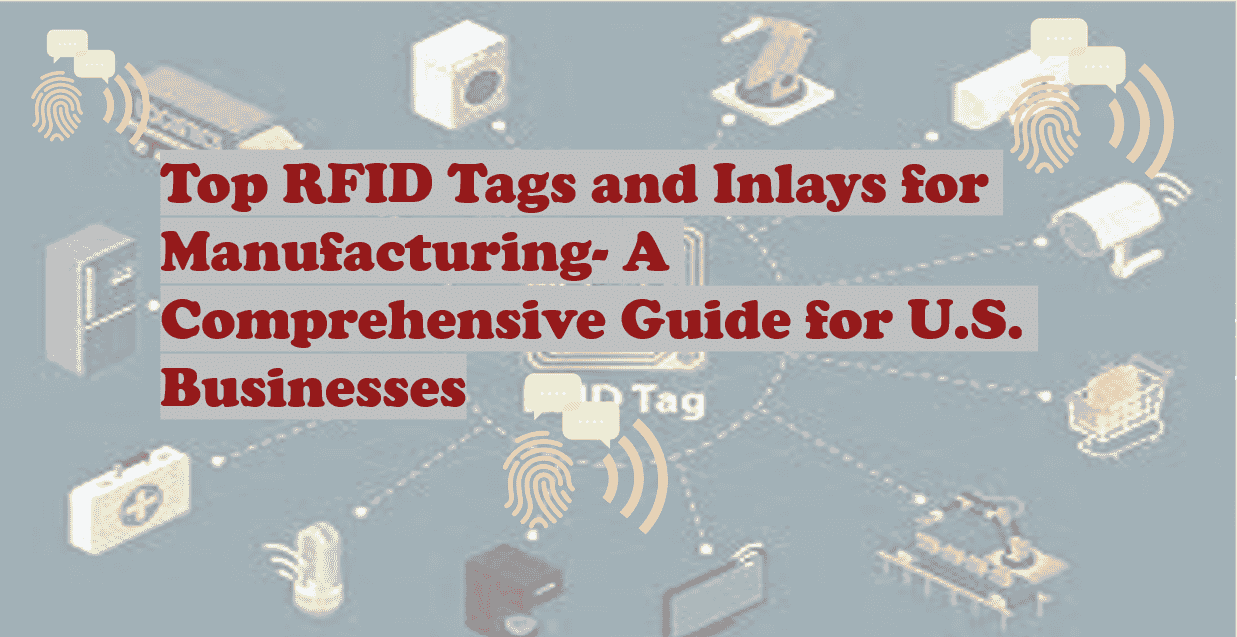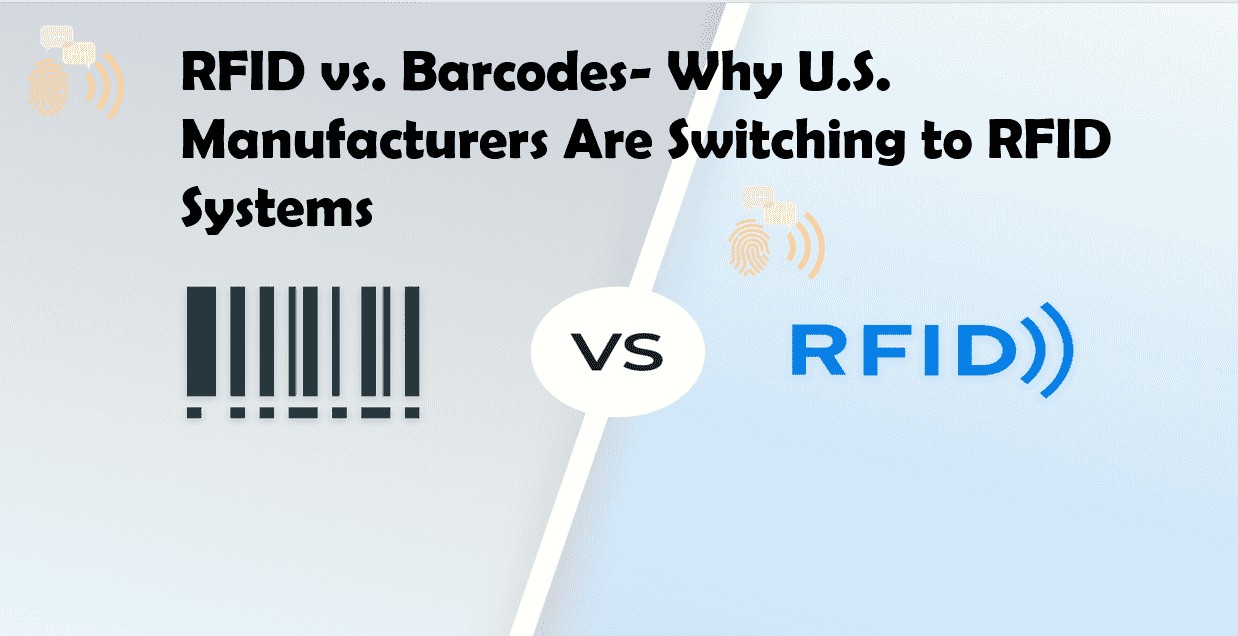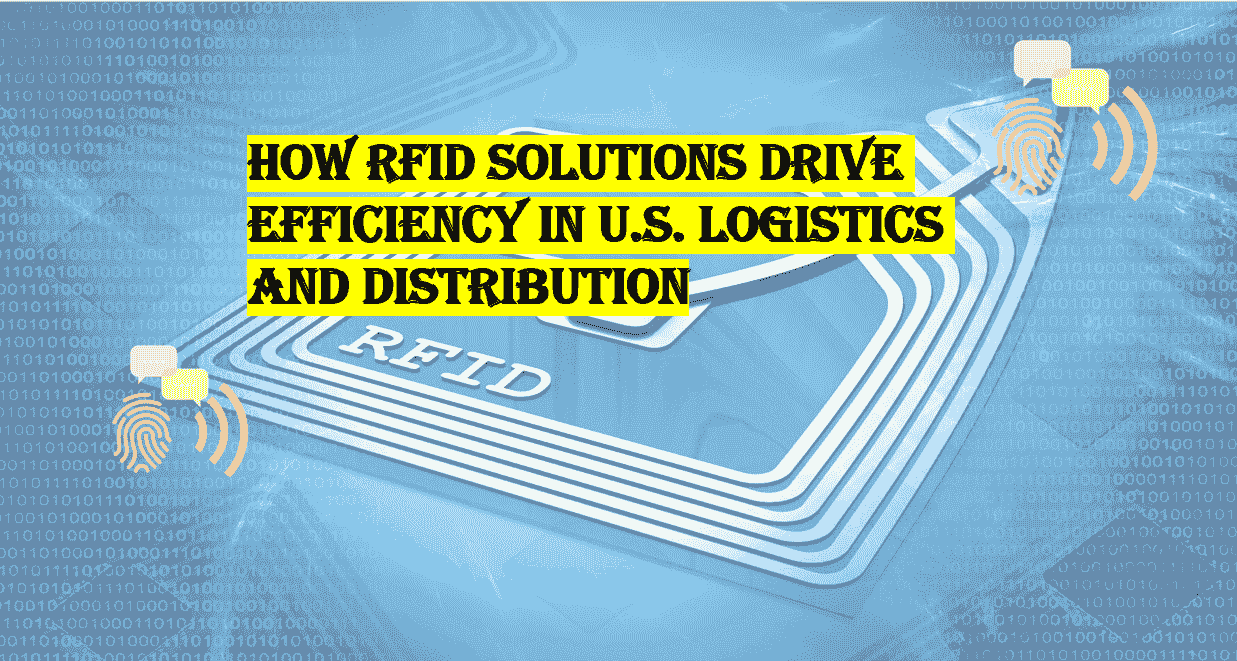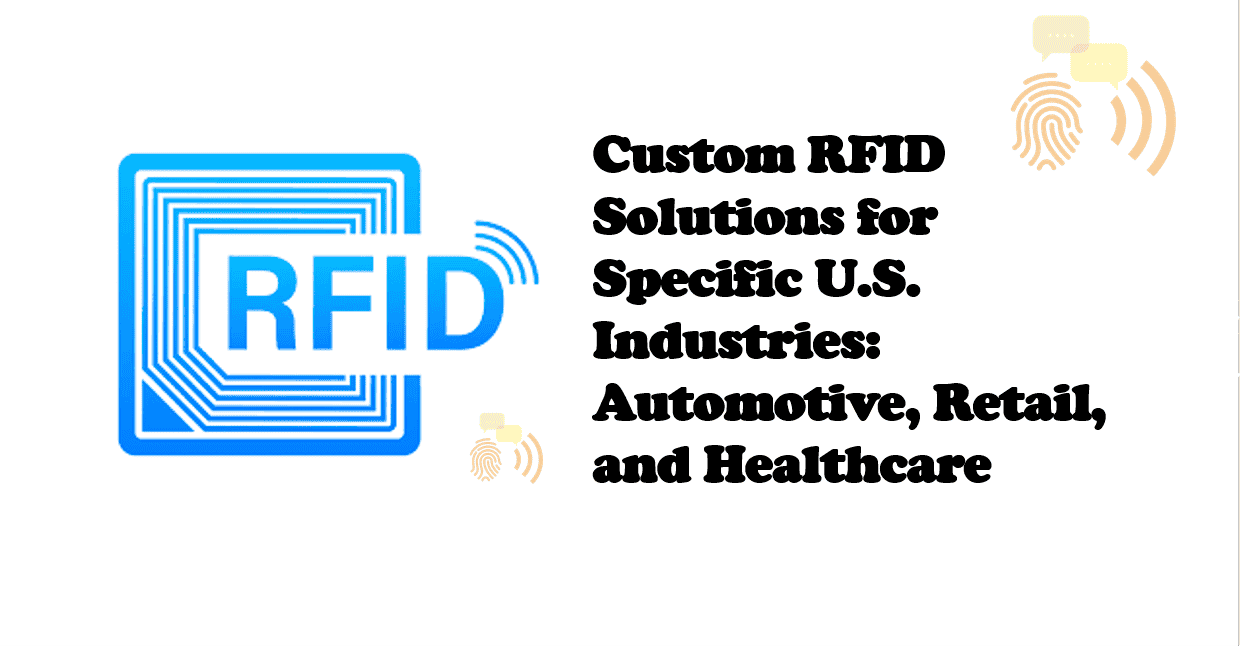The Future of RFID- Innovations and Trends You Need to Know
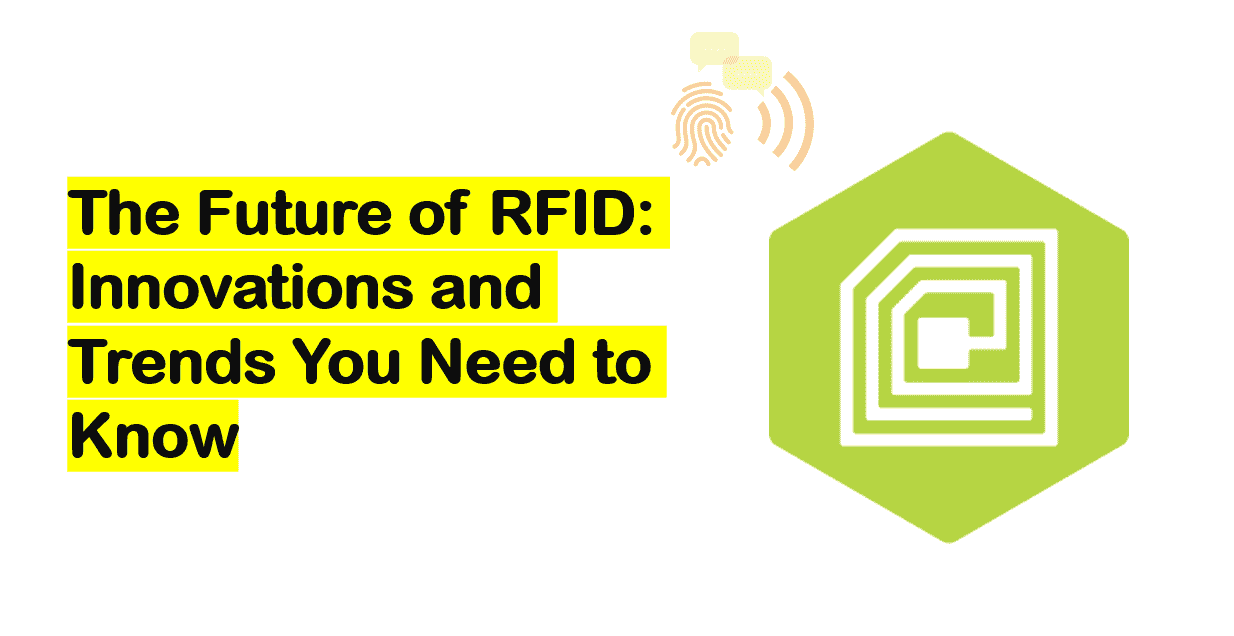
The Future of RFID: Innovations and Trends You Need to Know
Radio Frequency Identification (RFID) technology has revolutionized how businesses and industries track and manage assets, inventory, and data. This innovative technology uses electromagnetic fields to automatically identify and track tags attached to objects, ranging from products to people. As we look ahead, the future of RFID seems poised for even greater advancements, particularly with the rapid development of new applications and integration with other emerging technologies. In this article, we’ll explore the key RFID technology trends and RFID industry innovations that are shaping its future.
Table of Contents
- Introduction
- The Rise of Smart Sensors and IoT Integration
- Advancements in RFID Tagging and Miniaturization
- The Evolution of RFID in Retail
- RFID in Healthcare and Pharmaceutical Industries
- RFID and Sustainability
- Future Challenges and Opportunities for RFID
- Conclusion
The Rise of Smart Sensors and IoT Integration
One of the most exciting trends in the RFID industry is the integration of RFID technology with the Internet of Things (IoT). The IoT connects devices and objects to the internet, allowing for seamless communication and data exchange. When combined with RFID technology, IoT-enabled RFID systems can collect and transmit data in real-time, improving operational efficiency and visibility.
In the near future, expect more RFID-enabled smart sensors that will track environmental conditions such as temperature, humidity, and light levels. For example, in industries like pharmaceuticals and food distribution, the ability to monitor the conditions in which goods are stored or transported could significantly reduce spoilage, waste, and the risk of regulatory non-compliance. This evolution will allow RFID to move beyond inventory management, becoming a key player in predictive maintenance, asset management, and even healthcare.
Advancements in RFID Tagging and Miniaturization
The miniaturization of RFID tags is another major innovation that will transform the industry. Historically, RFID tags have been bulky and expensive, limiting their application to larger items or high-value assets. However, as manufacturing techniques advance, RFID tags are becoming smaller, cheaper, and more versatile, making them suitable for a broader range of applications.
The ability to embed tiny, flexible RFID tags into everyday items, such as clothing, medical devices, or even food packaging, is opening up new possibilities. For example, retailers are increasingly adopting RFID-enabled clothing tags to streamline their inventory management, reduce shrinkage, and enhance the customer experience. This move toward wearable RFID technology is especially promising in fashion, where it can enable real-time inventory tracking and improve the shopping experience for both customers and retailers.
Moreover, RFID industry innovations are allowing for more environmentally-friendly tags. Many companies are focusing on biodegradable and recyclable RFID tags, reducing the environmental impact of the technology and meeting growing sustainability goals.
The Evolution of RFID in Retail
Retail is one of the industries that has embraced RFID technology trends most enthusiastically. The ability to track inventory in real-time and streamline supply chains has made RFID an invaluable tool for retailers worldwide. In the future, we can expect RFID to play a more critical role in enhancing the customer shopping experience.
With the integration of RFID technology and augmented reality (AR), for example, stores will be able to offer personalized shopping experiences. Imagine walking into a store, where RFID tags integrated with AR can display detailed product information or suggest complementary products based on your shopping history. This combination of RFID and AR could change how customers interact with products and transform the way retailers manage their inventory and storefronts.
Moreover, the expansion of contactless payments and RFID-based checkout systems will continue to make shopping experiences more seamless. Customers will be able to make purchases simply by walking out of the store with their items, thanks to RFID tags that communicate directly with checkout systems. This frictionless shopping experience will be a game-changer for both retailers and consumers, saving time and enhancing convenience.
RFID in Healthcare and Pharmaceutical Industries
As we move forward, RFID technology is set to play a more significant role in healthcare and pharmaceuticals. The RFID industry innovations in this sector are focused on improving patient safety, inventory management, and reducing human error.
RFID is already being used in hospitals to track medical equipment, medication, and even patients. However, with the rise of RFID-enabled smart medical devices, such as wearable health monitors and implantable RFID tags, there are more opportunities to enhance patient care. These devices can provide real-time data on a patient's vital signs, alerting medical staff to any sudden changes in health conditions.
Moreover, RFID will be critical in combating the global issue of counterfeit drugs. RFID technology trends in pharmaceutical supply chains can provide end-to-end visibility and traceability, ensuring that drugs are genuine and safe for consumption. With the ability to monitor every stage of a drug’s journey—from manufacturing to distribution to final sale—RFID can help eliminate the risks posed by counterfeit medications and protect both consumers and healthcare systems.
RFID and Sustainability
As the world increasingly shifts toward sustainability, RFID is expected to play an important role in supporting eco-friendly initiatives. For example, RFID-enabled systems can optimize the use of resources, reduce waste, and enhance recycling processes. Companies are already adopting RFID to improve waste management by tracking and sorting recyclables more efficiently.
Moreover, the reuse of RFID tags is gaining traction, allowing companies to repurpose the same tags for different products or shipments. This practice reduces the environmental footprint of RFID technology, while also lowering costs.
Future Challenges and Opportunities for RFID
While the future of RFID technology looks incredibly promising, there are still challenges to overcome. Privacy and security concerns related to the tracking of personal items and sensitive information remain a significant barrier to widespread adoption. As RFID becomes more ubiquitous, the need for stronger security protocols and data protection measures will be critical to ensuring that consumer and business data remains safe.
Additionally, the cost of implementing RFID systems, especially for small and medium-sized businesses, can be prohibitive. However, as the technology continues to advance and become more affordable, we can expect wider adoption across various industries.
Conclusion
The future of RFID is bright, with continuous innovation and the development of new applications across diverse industries. From smarter supply chains to enhanced customer experiences and advancements in healthcare, RFID technology trends will continue to evolve and expand. As businesses and organizations adopt these RFID industry innovations, they will unlock new levels of efficiency, accuracy, and sustainability.
Whether you're a business owner, retailer, or healthcare professional, staying updated on the latest RFID trends will be key to maintaining a competitive edge in the rapidly changing technological landscape. Embracing RFID technology today can position you for success in tomorrow’s data-driven world.
Related Products
Here are some key stats and facts related to RFID technology that can be included in your article:
1. Global RFID Market Growth
- The global RFID market size was valued at $11.2 billion in 2022 and is projected to grow at a CAGR of 14.7% from 2023 to 2030, reaching an estimated value of $31.6 billion by 2030. This growth is driven by expanding applications across retail, healthcare, logistics, and manufacturing sectors.
- Source: Grand View Research
2. Adoption of RFID in Retail
- According to Zebra Technologies, 93% of retail businesses believe that RFID will provide significant improvements in inventory accuracy. Additionally, retailers using RFID see up to 30% improvements in inventory accuracy and a 50% reduction in out-of-stocks.
- Source: Zebra Technologies, 2023
3. RFID and Healthcare
- 83% of hospitals globally are using RFID technology in some capacity to track equipment, patients, and medications. In particular, RFID is used to track over 100 million assets in hospitals across the world.
- Source: RFID Journal
4. RFID and Sustainability
- RFID is playing a crucial role in sustainability. In the fashion industry, RFID is helping companies track products more efficiently, leading to reductions in waste and improving recycling rates. 70% of apparel companies report using RFID technology to streamline inventory management and minimize overproduction.
- Source: Retail Systems Research
5. Miniaturization of RFID Tags
- The size of RFID tags has drastically decreased. In some cases, they are now as small as 0.4 millimeters in diameter, making it possible to embed them in a wider variety of products, including food packaging, clothing, and even medical devices.
- Source: RFID Journal
6. IoT Integration with RFID
- The global IoT market was valued at $600 billion in 2023 and is expected to grow to $1.8 trillion by 2030. The integration of IoT with RFID is becoming a key factor in driving this market expansion, allowing real-time data collection and analysis.
- Source: Statista
7. RFID in Supply Chain and Logistics
- 83% of businesses in logistics and supply chain management report that RFID has improved their inventory visibility, helping them reduce supply chain errors by over 50%. RFID's role in optimizing warehouse and logistics operations is a major contributor to this statistic.
- Source: GS1 Global Standards
8. RFID-Enabled Smart Devices
- By 2025, over 50 billion devices globally are expected to be connected via the Internet of Things (IoT), with many of these devices utilizing RFID technology for real-time tracking and monitoring.
- Source: Statista

